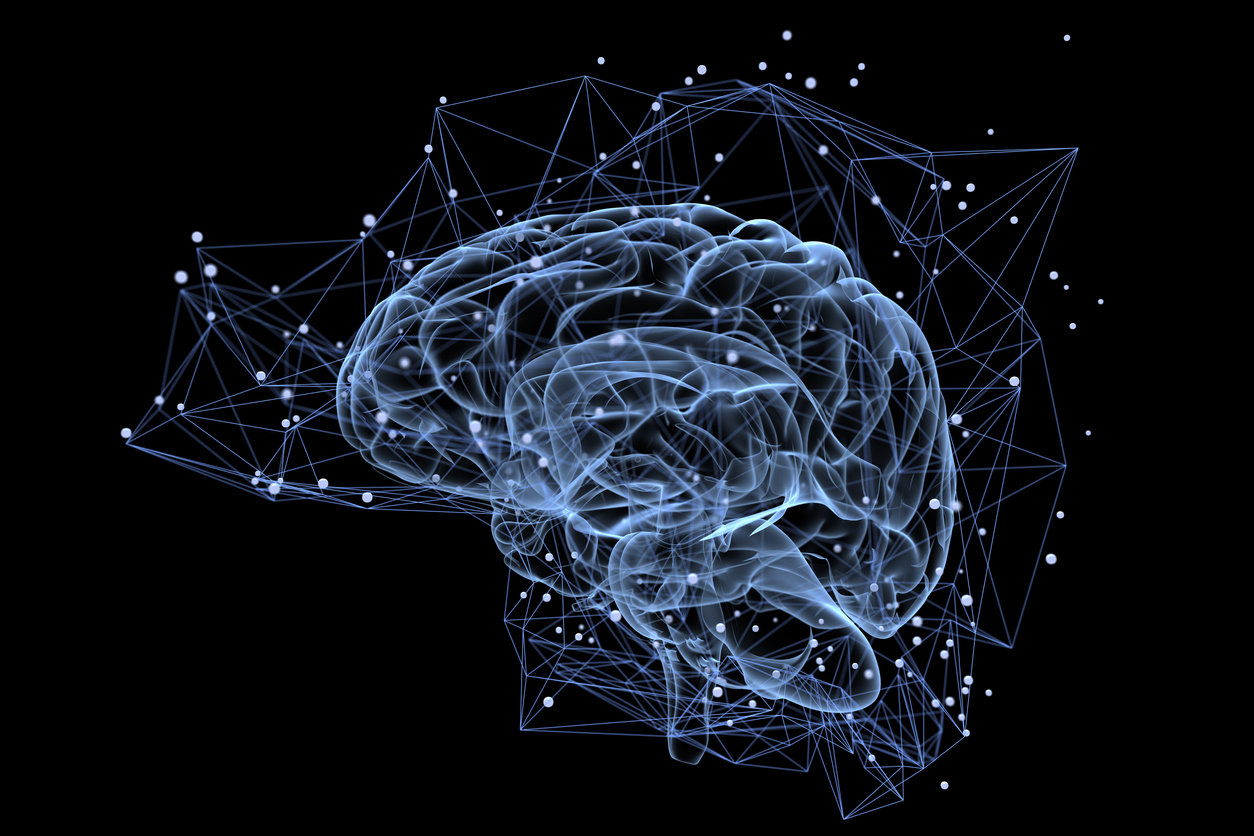
Young people living with a genetic alteration that increases the risk of psychiatric disorders have markedly different brain activity during sleep, a study led by researchers from the Universities of Bristol and Cardiff published today in eLife shows.
The brain activity patterns during sleep shed light on the neurobiology behind a genetic condition called 22q11.2 Deletion Syndrome (22q11.2DS) and could be used as a biomarker to detect the onset of neuropsychiatric disorders in people with 22q11.2DS.
22q11.2DS is caused by a gene deletion of around 30 genes on chromosome 22 and occurs in 1 in 3,000 births. It increases the risk of intellectual disability, autism spectrum disorder (ASD), attention-deficit hyperactivity disorder (ADHD) and epileptic seizures. It is also one of the largest biological risk factors for schizophrenia. However, the biological mechanisms underlying psychiatric symptoms in 22q11.2DS are unclear.
Read more...







